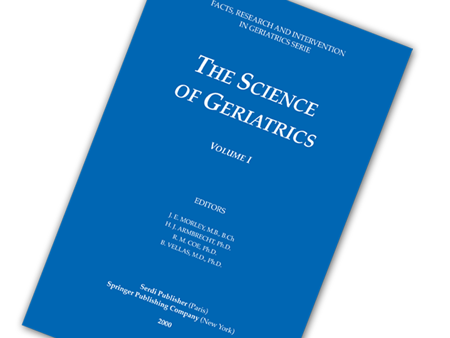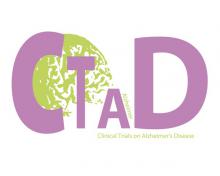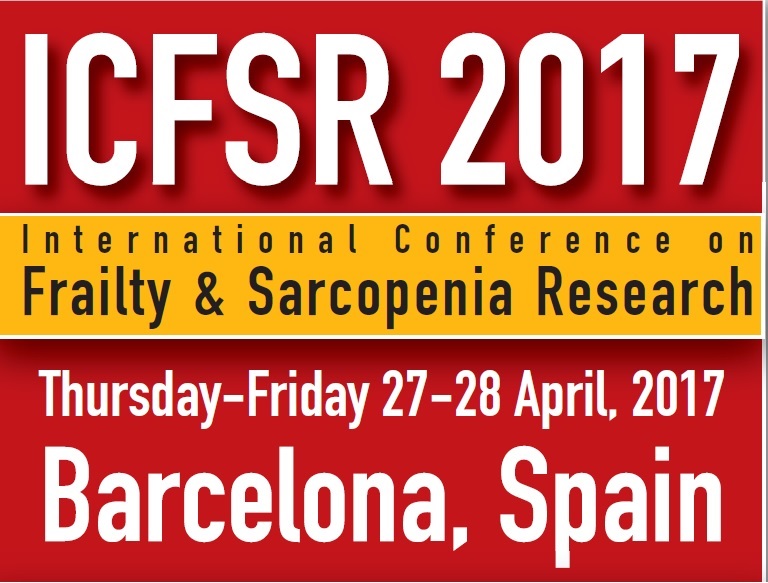The primary objective of a clinical trial should be clearly defined with regard to the target of estimation (estimand) for the efficacy of an investigational drug. The fully specified treatment effect of interest should then determine the data collection, data anlysis, handling of missing data, and other trial design elements. However in practice, this rational sequence is rarely followed; specification of estimands often follows data collection and analysis decisions. To address this issue, an ICH E9 Addendum on estimands is being developed to provide regulatory guidance and promote harmonized standards on the process of estimand determination, and is anticipated to be released in mid-year 2017 for public consultation. An Alzheimer’s Disease Scientific Working Group (AD SWG) has been formed to provide statistical leadership in the research and drug development efforts in AD. This SWG consists of statistical representations from the industry, academia and regulators and enables cross sector scientific research and collaboration to address key and pressing research issues in Alzheimer’s. One of the topics the SWG is tackling is the proper selection of estimands. With the backdrop of the ICF E9 Addendum approaching, the AD SWG strives to align with the estimand framework in the upcoming regulatory guidance, and make recommendations to the AD field regarding the appropiate determination of estimands and the implications for statistical estimation methods for clinical trials in Alzheimer’s Disease. This workshop at CTAD 2017 will bring the audience up to speek with the most current regulatory guidance on how to define estimands for treatment effect in confirmatory clinical trials, and provice a recommendation on the appropriate estimand choices specifically for Alzheimer’s trials. Important topics of methods of estimations and sensitivity analyses will also be discussed. As the estimand decision is not purely a statistical consideration, but rather a decision that needs to be made jointly based on medical and statistical consideration, a clinician’s insight and perspective will be given as well. In addition to these presentations, opinions from practicing physicians and regulatory bodies will be solicited as well.
(1) Hong Seifert-Liu, Fabian Model, Paul Aisen. (1) Eli Lilly and Company, Indianapolis, USA; (2) Roche, Basel, Switzerland; (3) Alzheimer’s Therapeutic Research Institute, University of Southern California San Diego, USA



